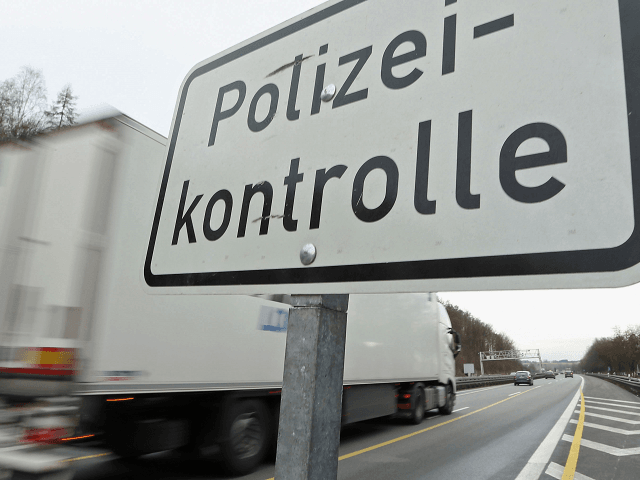One of the key principles and flagship developments of the European Union (EU), open borders, has taken another significant blow as Germany and Austria held a joint press conference to announce the new border controls between their countries were going to continue indefinitely.
Under EU Schengen zone rules the free movement of people and open borders can be suspended unilaterally by member states for short periods of time in the case of national emergency. However with Europe in its third calendar year of dealing with the fallout of the migrant crisis while attempting to prevent transnational terrorism, the short, revolvable crisis the rules were designed to accommodate is stretching the open borders system beyond its limits.
While the time limits on the theoretically temporary border controls had been expected to expire at the end of 2016, and then in February 2017, Austrian Interior Minister Wolfgang Sobotka and his German opposite Thomas de Maiziere said on Thursday morning that they would keep going with the arrangement. Austrian daily Kurier reports they did not know how long the border control would have to last, but that it would have to be at least “as long as the EU external border is not adequately protected”.
The men said at the press conference that while the border controls stood between the economic links of the two countries, security considerations came first. Mr. Sobotka said despite the controls there were still some ways to cross the border undetected, including on local trains, and that migrants have been able to smuggle across on the services as there isn’t enough time for inspections on the short railway journey between border towns.
While Germany has arranged with Austria to keep their mutual border secure, Austria itself is looking east to secure their border with Slovakia following a rise in smugglers using the country as a route in. The Austrian defence minister said railways were a major source of this illegal immigration and more checks would be performed on trains crossing the border.
While the EU celebrated the slowing of migration through the so-called Balkan Route north through Hungary and Austria in 2016, Italy has overtaken Greece as the main point of ingress into the continent for illegal migrants. Breitbart London reported this week how the Council of Europe’s new Prime Minister warned that 2017 would be a record year for migration over the Mediterranean.

COMMENTS
Please let us know if you're having issues with commenting.